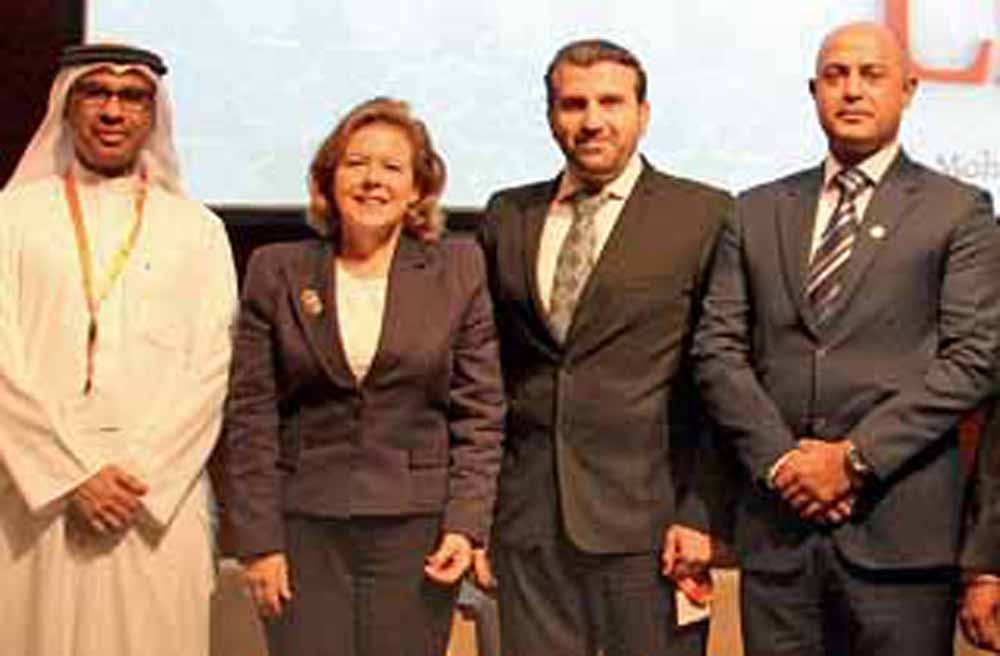Cross-sector input is crucial for Smart City plan: Seminar
By viji Saturday, 13 June 2015 5:44 PM

The Smart City blueprint features six key pillars as well as 100 initiatives across multiple sectors including transport, communications, infrastructure, electricity, economic services, and urban planning.
Dubai — In an effort to support Dubai’s ongoing Smart City initiative, this year’s Dubai International Academic City (DIAC) Education Forum focused on the Smart City 2021 plan.
The Smart City blueprint features six key pillars as well as 100 initiatives across multiple sectors including transport, communications, infrastructure, electricity, economic services, and urban planning, with 1,000 government services expected to become ‘Smart’ within the next three years.
As part of the event, key findings of a study commissioned by DIAC and conducted by post-graduate students from SP Jain School of Global Management were presented and discussed.
The study identified a number of environmental issues faced by the emirate and offered a range of smart solutions that have been adopted by cities around the world.
Prof. Christopher Abraham, head of Dubai Campus, SP Jain School of Global Management UAE, said: “A fully integrated and sustainable community developed through collaboration, innovation, and technology is what is required for Dubai to become a Smart City. It is important that we take into account what other global centres are doing or have done to enhance their Smart City profile, and it is interesting to see what this research has uncovered.”
Commenting on the launch of the research report, Dr Ayoub Kazim, managing director, Dubai International Academic City and Dubai Knowledge Village, said: “Research is an integral step on the path towards becoming an innovation-led economy, and this is an excellent example as to how it can be applied. Dubai’s Smart City 2021 vision requires cross-sector input from industry, education, and government. It is extremely encouraging to see such proactive initiatives and collaboration between universities and DIAC to utilise the vast research capabilities that students possess for the good of the public interest.”
The student study examined Dubai’s Smart City 2021 ambition from an angle of sustainability and presented potential solutions. These included curbing pollution and respiratory particles in the city; desalination of water through a sustainable and environmentally friendly approach; and sewage treatment to reduce Dubai’s carbon footprint while reducing the chemical treatment process.
As part of the research process, students carried out a survey to gauge public perception on specific aspects Dubai needs to focus on. More than 75 per cent of respondents agreed that Smart Transportation is a key area, while 60 per cent considered Smart Recycling Plants to be the most important factor. The survey also indicated that Dubai’s citizens believe that they should play an integral role in making the Smart City vision a reality.
The annual networking event brings together government officials, leading university faculty members, and private sector professionals.
Abu Dhabi-Proton Racing team qualifies sixth




























Add new comment